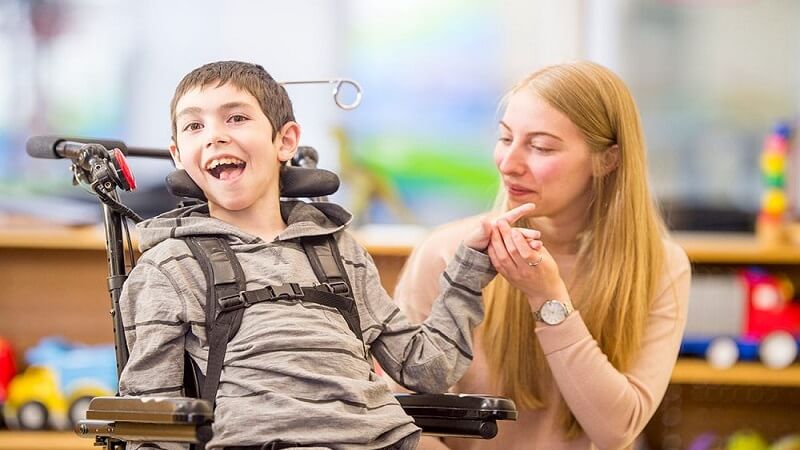Caring for a child with cerebral palsy presents unique challenges, but with the right support and resources, families can create an environment that promotes growth, independence, and a fulfilling life. Cerebral palsy affects movement, muscle coordination, and sometimes cognitive abilities, but each child’s experience is unique. Families play a crucial role in ensuring that their child receives proper medical care, educational support, and emotional encouragement. By fostering inclusivity, advocating for resources, and providing a nurturing environment, families can help their child thrive.
Providing Medical and Therapeutic Support
1. Regular Medical Checkups and Therapy
Children with cerebral palsy benefit from a comprehensive healthcare team that may include pediatricians, neurologists, orthopedic specialists, and physical therapists. Regular checkups ensure that medical needs are met and that any necessary treatments, such as physical therapy or medication, are adjusted over time.
2. Physical and Occupational Therapy
Physical therapy helps improve movement, coordination, and muscle strength, while occupational therapy focuses on enhancing daily living skills. These therapies can help children with cerebral palsy gain more independence and participate more actively in daily life.
3. Speech and Communication Therapy
Some children with cerebral palsy experience speech and communication difficulties. Speech therapy can help improve verbal communication, while augmentative and alternative communication (AAC) devices, such as speech-generating devices or communication boards, provide alternative ways to express themselves.
Creating an Accessible and Supportive Home Environment
1. Home Modifications for Accessibility
Making small modifications in the home can significantly improve a child’s ability to move around and engage in daily activities. Installing ramps, grab bars, and adjustable furniture can create a safer and more comfortable living space.
2. Encouraging Independence
While it is natural for parents to want to assist their child as much as possible, encouraging independence is essential. Allowing the child to attempt tasks on their own, using adaptive tools, and providing positive reinforcement helps build confidence and self-reliance.
3. Establishing a Routine
Consistency is beneficial for children with cerebral palsy. A structured daily routine that includes therapy sessions, school activities, and playtime helps the child feel secure and enables them to practice skills regularly.
Supporting Education and Social Inclusion
1. Advocating for Educational Resources
Ensuring that a child with cerebral palsy receives the right educational support is crucial. Families should work closely with schools to develop an Individualized Education Program (IEP) or 504 Plan that outlines necessary accommodations, such as extra time on tests, assistive technology, or classroom modifications.
2. Encouraging Social Interaction
Children with cerebral palsy benefit greatly from social interaction with their peers. Families can encourage participation in extracurricular activities, adaptive sports, and social events to build friendships and confidence.
3. Addressing Bullying and Advocacy
Unfortunately, children with disabilities may face bullying or exclusion. Parents and caregivers should educate their child about self-advocacy and work with schools to create an inclusive and supportive environment. Teaching classmates about cerebral palsy can also foster understanding and acceptance.
Emotional and Psychological Support
1. Building Self-Esteem and Resilience
Children with cerebral palsy may face frustrations or challenges, so fostering a strong sense of self-worth is essential. Encouraging their talents, celebrating achievements, and emphasizing their strengths can help build confidence.
2. Providing Emotional Support
Open communication within the family is key to addressing any emotional struggles the child may experience. Encouraging them to express their feelings and reassuring them of their worth helps them navigate challenges with a positive mindset.
3. Seeking Counseling or Support Groups
Families may benefit from counseling services or support groups where they can share experiences and receive guidance. Meeting other families facing similar challenges can provide emotional reassurance and practical advice.

